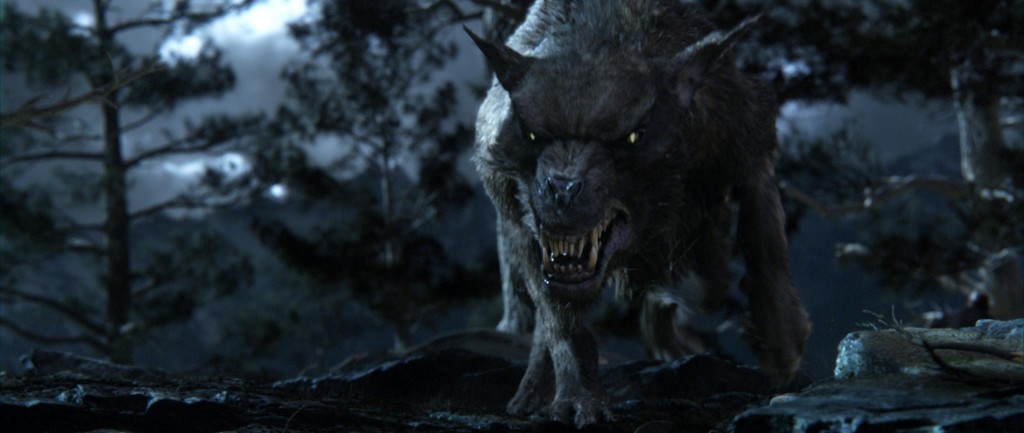“Eagles! The eagles are coming!”
Pippin, Return of the King
“I came from the end of bag, but no bag went over me. I am the friend of bears and the guest of eagles. I am Ring-winner and Luckwearer; and I am Barrel-rider.”
Bilbo Bagins, The Hobbit
Truly, in this late age, is there anything left to be said of the Great Eagles of Middle Earth; the Eagles that soar in to lift hapless hobbits to safety or hurl rocks down upon their foe? They seem imbued with nearly limitless capacity to raise heroes from the grasp of certain doom, yet so inconsequential that they are called upon only in moments of least need, like a Mûmakil summoned only to pull an onion cart.

But why should beasts so powerful be used so infrequently, and only at the end of all things? Perhaps we must lift the veil and peer beyond the trope to a phenomena that moves the world in subtle and profound ways. Middle Earth is a changing world, reshaped by the actions of warring armies and rising kingdoms. And one kingdom, above all others, rose to prominence and fell, leaving deep scars in the resilience of Middle Earth ecosystems. The destabilization of Great Eagle colonies is only one of many orcthropogenic impacts to the ecology of realm, and it begins with the extirpation of the wargs.
Ages away, in a less magical time, we can look at the effects of species much like the warg, and how they shape their ecosystems. Across the Great Plains, over the Rocky Mountains, there lies the Fiefdom of the Yellow Stone. And in this place, this Yellowstone, the king of all creatures is the Grey Wolf. The Grey Wolves ruled for many years, until men, jealous of their land and fearful for their flocks sought to drive wolf from Yellowstone. Thus these fearsome keystone predators were extirpated from their home. Yellowstone lay barren of Grey Wolves for many years, until at last, through great effort, they were returned.
Because grey wolves were both extirpated from and reintroduced to Yellowstone, we can examine their effects on the ecosystem in exquisite detail. One of the more surprising discoveries was just how big a role grey wolves play in provisioning scavengers. Grey wolves often leave large carcasses, and these carcasses make biomass available to other species the thrive in Yellowstone. When grey wolves were extirpated, carrion biomass went down, and carrion species declined. They also acted as a “temporal transport” for biomass–wolves ate less of their kills during the winter, leaving more available to scavengers during lean times. Among these scavengers are the Bald Eagle, whose reproduction is closely tied to available food sources. The fewer carcasses, the fewer eagles.
Return now to Middle Earth, and the great wargs of the Misty Mountains, wolf-like creatures large enough for an orc to ride. Wargs fulfill many of the same roles as wolves in the Middle Earth ecosystem, bringing down large prey and leaving carcasses for others to feed upon. Like the grey wolf, wargs were extirpated during the Third Age–they were captured and domesticated to serve the Mordor war machine. When Thoren Oakenshield and his band fled the Goblin tunnels, they were set upon by goblins and barely-domesticated wargs. When the Fellowship marched, decades later, they saw no wild wargs.
Thus, the domestication of the warg is so complete that they are are no more wild wargs in Middle Earth. At the Battle of Five Armies, there was still enough ecosystem resilience to withstand the gradual removal of wargs, but by the battle of Helms Deep, these magnificent creatures had been fully extirpated for six decades and the environment had fallen apart around them.
Without the massive carrion the wild wargs leave behind, the Great Eagle populations declined. As their numbers dwindle and resources become scarce, eagle colonies destabilize and social hierarchies fall apart. Without a stable flock, it becomes impossible to orchestrate a mass migration towards the Gate of Mordor to confront their foe. Only a monumental effort by Gandalf the White could convince one small colony to come to his aid, at the last possible moment.
Again, we see how ecosystem changes, in both Middle Earth and our own world, can have significant, unforeseen consequences. Perhaps, with the fall of the Dark Lord, we will see wargs return to their native land and bring balance back to Middle Earth. Then we can count, once again, on the spontaneous magnanimity of wandering eagles to save up from our troubles.